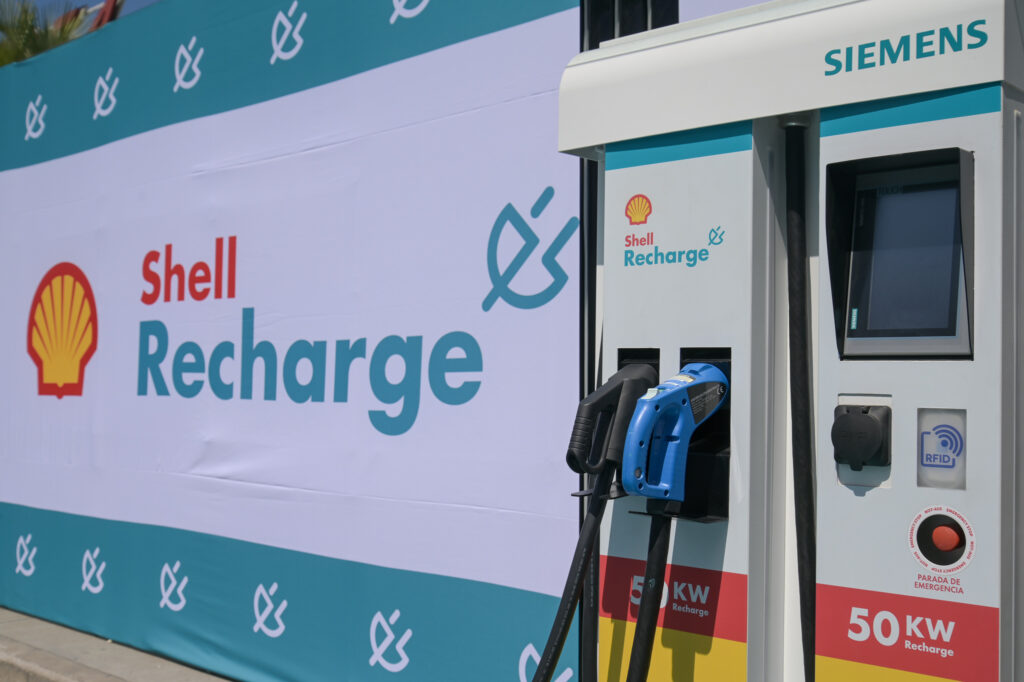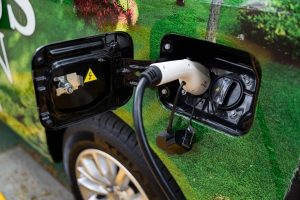
Argentina: Electric and Alternative Vehicles Association Proposes Changes to Electromobility Law

Having a regulation that generates incentives and clear rules to attract investments and generate benefits for citizens are key aspects for the promotion of electromobility.
In this sense, the Association of Electric and Alternative Vehicles (AAVEA) is working on a series of proposals to have an effective legislation that adapts to the energy transition ecosystem.
The association presented a proposal to Congress to modify the Electromobility Bill. This is the regulation that was introduced a year ago in the Legislature and has not yet been approved.
Aspects to be Changed
According to the Association, the proposal for modification includes criticisms or suggestions that have been gathered from different trade union and business sectors and from the general public in the media.
The recommendations are made up of contributions derived from drafts previously presented by AAVEA, as well as from other plans of Legislators from both Houses and multiple parties.
Draft Bill
One of the main objectives of the legislation before Congress is to promote the growing and sustained use of vehicles propelled by non-conventional power sources of national production for material and energetically sustainable mobility over time.
Likewise, it contemplates the promotion of investments for the growing and sustained development of a national offer of sustainable mobility vehicles; as well as the creation of support institutions, for the purpose of these objectives.
“The design, research, innovation, development, production, commercialization, conversion and use of vehicles propelled by non-conventional power sources produced in the National Territory; as well as their parts, pieces, assemblies, subassemblies, accessories, auxiliary equipment, spare parts, inputs, sustainable fuels, lithium or other chemical batteries,17 and associated services, specifically intended for sustainable mobility, are declared to be of national interest”, reads the legislation’s objective in its Article 1.
AAVEA expects a response from the authorities to move forward in promoting the development of knowledge, new technologies and public policy actions aimed at disseminating the use of zero emission vehicles and renewable energies, as stated in the guild’s vision at the time of its creation.





